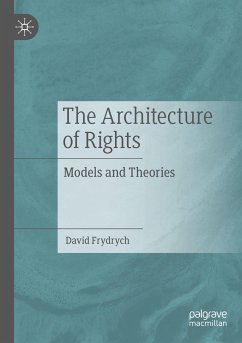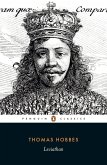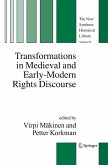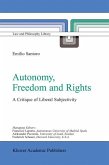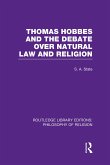What is a right? What, if anything, makes rights different from other features of the normative world, such as duties, standards, rules, or principles? Do all rights serve some ultimate purpose? In addition to raising these questions, philosophers and jurists have long been aware that different senses of 'a right' abound. To help make sense of this diversity, and to address the above questions, they developed two types of accounts of rights: models and theories. This book explicates rights modelling and theorising and scrutinises their methodological underpinnings. It then challenges this framework by showing why the theories ought to be abandoned. In addition to exploring structural concerns, the book also addresses the various ways that rights can be used. It clarifies important differences between rights exercise, enforcement, remedying, and vindication, and identifies forms of legal rights-claiming and rights-invoking outside of institutional contexts.
Bitte wählen Sie Ihr Anliegen aus.
Rechnungen
Retourenschein anfordern
Bestellstatus
Storno

